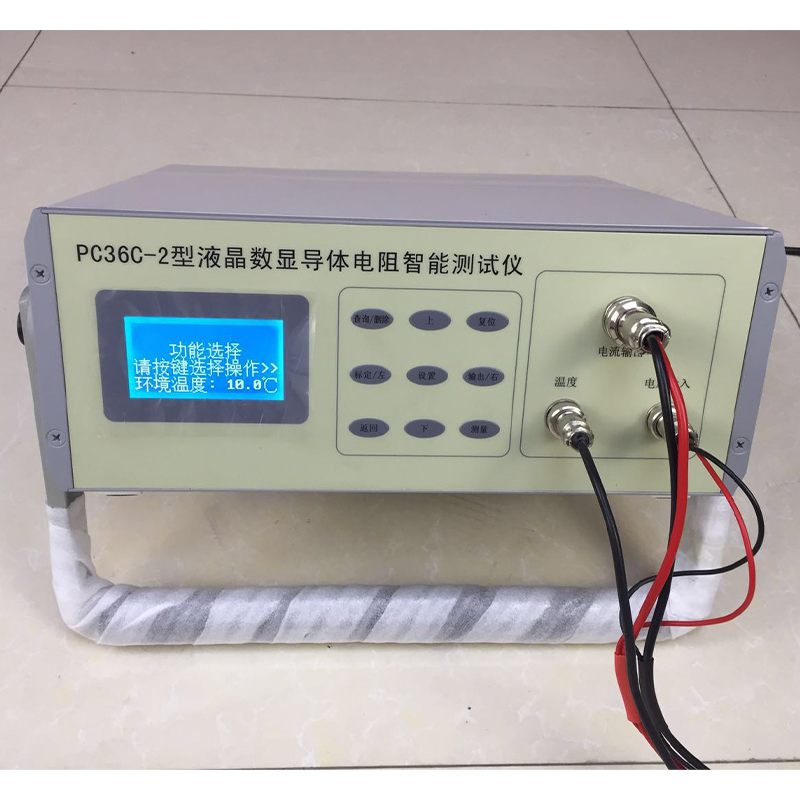Understanding the Functionality and Applications of a Tensile Testing Machine in Material Science
The Importance of Tensile Tester Machines in Material Testing
In the realm of materials science and engineering, understanding the mechanical properties of materials is crucial for various applications. One of the key tools used for this purpose is the tensile tester machine. This device is designed to measure the tensile properties of materials, which allows engineers and researchers to evaluate a material’s strength, ductility, and resilience under load.
A tensile tester, also known as a tensile testing machine or universal testing machine, operates by applying a controlled tensile force to a specimen until it fractures. The basic process involves gripping the specimen and pulling it apart at a constant rate. As the force increases, the tensile tester measures the amount of elongation or strain the material undergoes. This data is then used to generate a stress-strain curve, which is fundamental in understanding how materials behave under different loading conditions.
Key Features of Tensile Tester Machines
Tensile tester machines come with various features that enhance their functionality. Modern machines are equipped with high-precision load cells, advanced data acquisition systems, and user-friendly interfaces that facilitate easy operation and data analysis. They can also accommodate different types of specimens, including metals, polymers, composites, and textiles, making them versatile tools in laboratories and manufacturing settings.
Moreover, many tensile testers offer advanced testing capabilities such as extensometry, which allows for the precise measurement of elongation, and the ability to conduct tests at various temperatures and environmental conditions. This ability to simulate real-world conditions enhances the reliability of the test results, making them more applicable to actual service scenarios.
tensile tester machine

Applications of Tensile Testing
The applications of tensile testing are far-reaching across numerous industries. In aerospace and automotive engineering, tensile testing is crucial for ensuring that materials can withstand the stresses encountered during operation. For instance, components made from lightweight materials must meet stringent strength standards to ensure safety and performance.
Similarly, in construction, tensile testing ensures that building materials such as steel reinforcement bars can bear the loads they are designed for. This testing is also vital in quality control processes, where manufacturers need to verify that the materials produced meet specific standards.
In the polymer industry, tensile testing helps in understanding the flexibility and resilience of plastic materials, which is essential for applications ranging from packaging to automotive parts. Moreover, the textile industry relies heavily on tensile testing to assess the strength and durability of fabrics, ensuring that end products can withstand wear and tear.
Conclusion
In summary, the tensile tester machine is an indispensable tool in the field of material science and engineering. It provides crucial insights into the mechanical properties of various materials, helping engineers and designers create safer and more efficient products. The continued advancements in tensile testing technology, including automation and real-time data analysis, promise to enhance the capabilities of these machines even further, making them integral to future material development and quality assurance endeavors. As industries continue to evolve and demand higher performance from materials, the role of tensile tester machines will only grow in significance.
-
The Role of Tensile Force Testers in Quality Control and Material Science
NewsAug.01,2025
-
Maintenance and Safety Tips for Aging Ovens
NewsAug.01,2025
-
Density Balance in Forensic Science
NewsAug.01,2025
-
Advanced Optical Measurement Technologies
NewsAug.01,2025
-
A Buyer’s Guide to Tensile Test Machines
NewsAug.01,2025
-
Why the Conductor Resistance Constant Temperature Measurement Machine Redefines Precision
NewsJun.20,2025
 Copyright © 2025 Hebei Fangyuan Instrument & Equipment Co.,Ltd. All Rights Reserved. Sitemap | Privacy Policy
Copyright © 2025 Hebei Fangyuan Instrument & Equipment Co.,Ltd. All Rights Reserved. Sitemap | Privacy Policy

